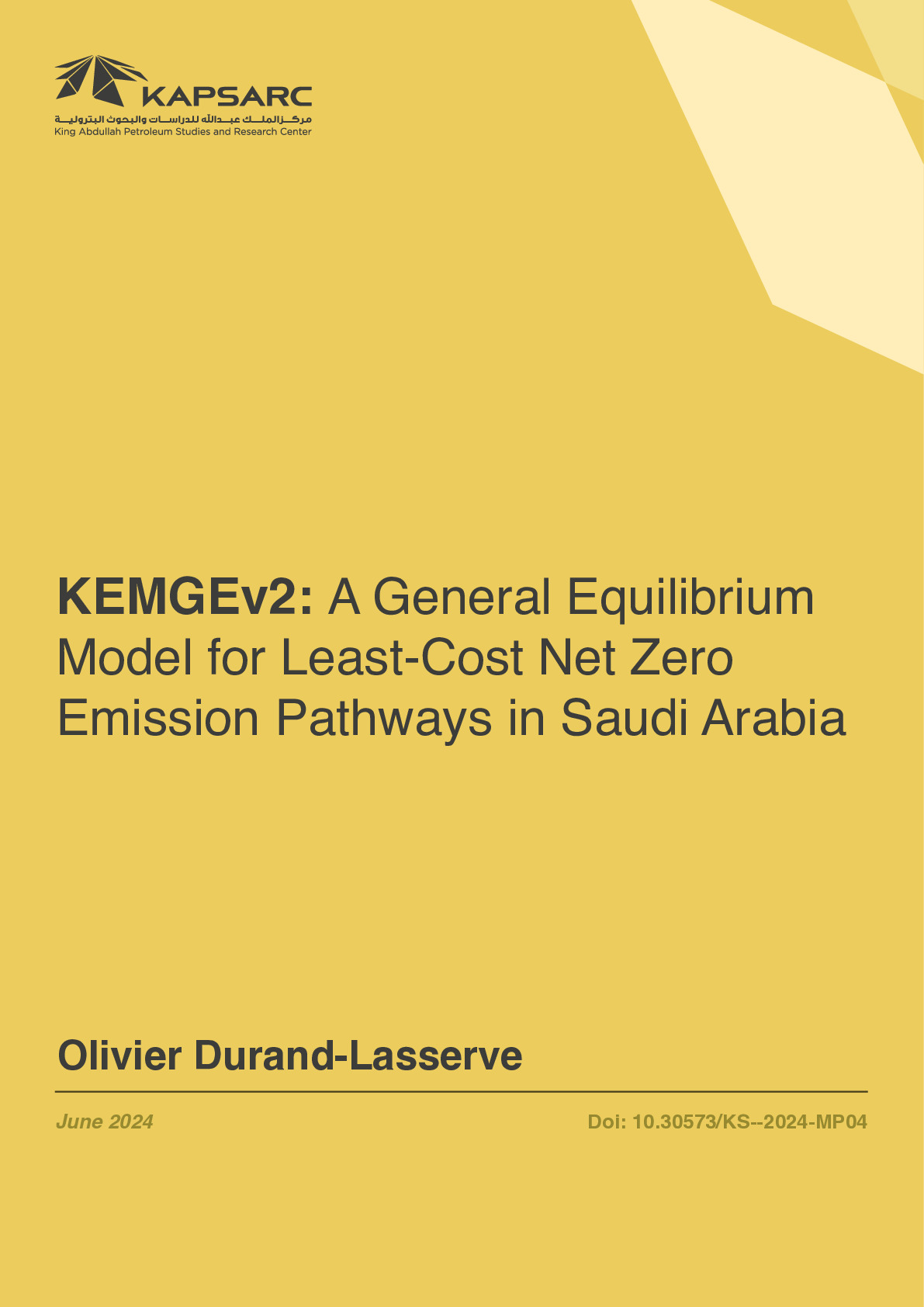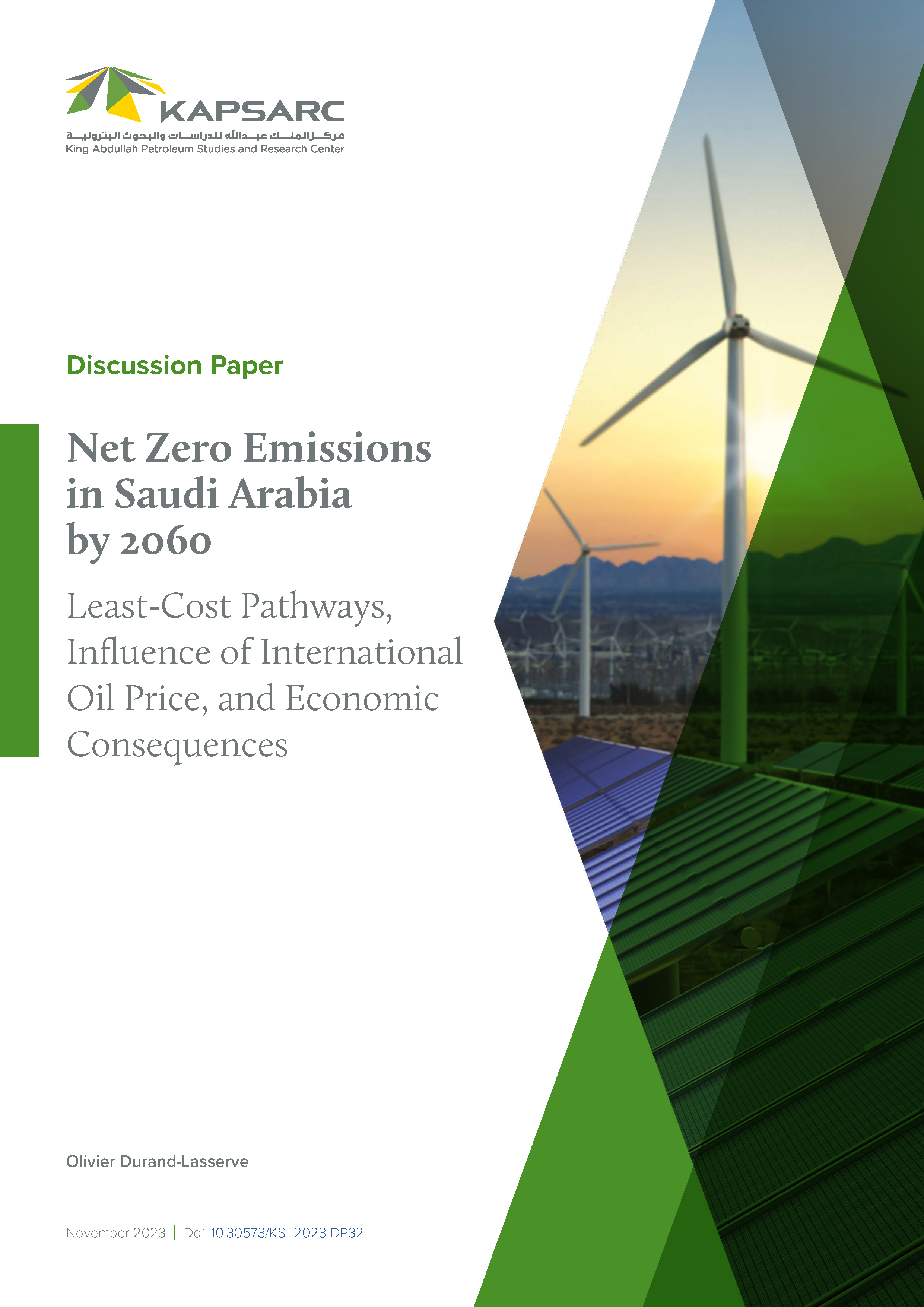Several studies have shown that the greenhouse gas reduction resulting from the current nationally determined contributions (NDCs) will not be enough to meet the overall targets of the Paris Climate Agreement. It has been suggested that more ambition mitigations of short-lived climate forcer (SLCF) emissions could potentially be a way to reduce the risk of overshooting the 1.5 or 2 °C target in a cost-effective way. In this study, we employ eight state-of-the-art integrated assessment models (IAMs) to examine the global temperature effects of ambitious reductions of methane, black and organic carbon, and hydrofluorocarbon emissions.

Fellow
Olivier is a research fellow in the Energy Systems and Macroeconomics program. Previously, he was an economist at the Organisation…
Olivier is a research fellow in the Energy Systems and Macroeconomics program. Previously, he was an economist at the Organisation for Economic Co-operation and Development (OECD) and at the International Energy Agency (IEA) in Paris where his activities covered macroeconomic policy analysis and applied general equilibrium modeling. He contributed to various modeling studies on the assessment of the macroeconomic, environmental and distributional consequences of energy and environmental policies. He also worked on the land-water-energy nexus and on the economic consequences of air pollution. Before he joined the OECD, Olivier worked at ENGIE, in Paris, where he developed an in-house modeling framework for quantifying global long-term energy-economy scenarios. While completing his Ph.D., he was a research assistant at the Center for Operations Research and Econometrics (CORE) in Louvain-la-Neuve, Belgium.
Expertise
- Macroeconomic consquences of energy policies
Publications See all Olivier Durand-Lasserve’s publications

KEMGEv2: A General Equilibrium Model for Least-Cost Net Zero Emission Pathways in Saudi Arabia
Several studies have shown that the greenhouse gas reduction resulting from the current nationally determined…
1st July 2024
Net Zero Emissions in Saudi Arabia by 2060: Least-Cost Pathways, Influence of International Oil Price, and Economic Consequences
Several studies have shown that the greenhouse gas reduction resulting from the current nationally determined…
30th November 2023

